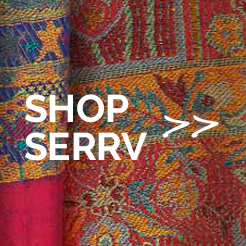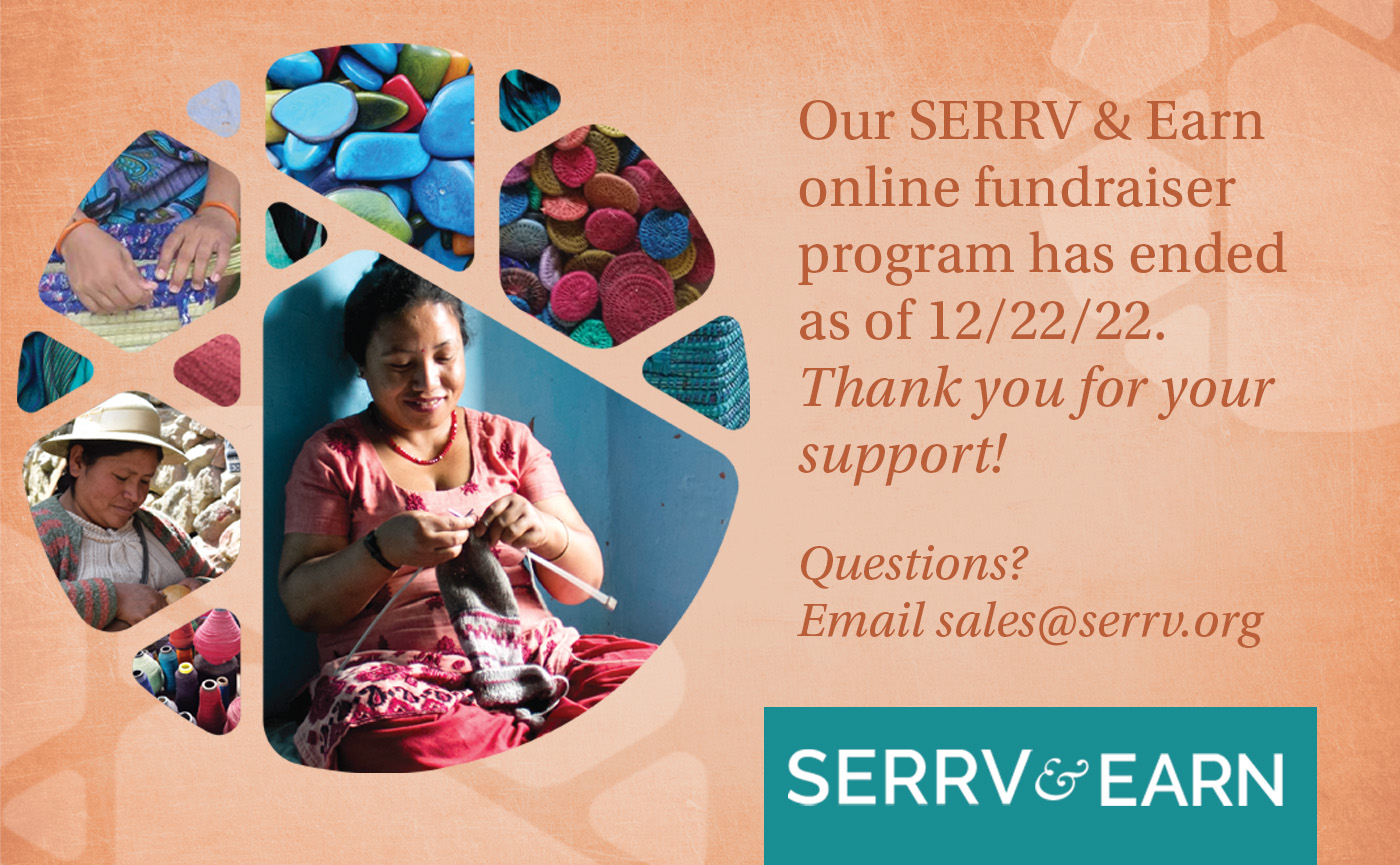Investing in the Future: 3 Ways Fair Trade Supports Children
Fair traders around the country, whether they're working directly with artisans and farmers like SERRV or selling handcrafts and foods in local stores, all commit to following a list of nine principles put forth by the Fair Trade Federation. One of those principles is to ensure the rights of children:
"Fair trade means that all children have the right to security, education, and play. Throughout the trading chain, FTF Members respect and support the UN Convention on the Rights of the Child, as well as local laws and social norms. Members disclose the involvement of children in production and recognize that individuals often pass down their skillsets and traditions through generations, so there may be circumstances in which children are involved in production. Members have open communication with suppliers/producers about ways children may be involved and ensure that this does not conflict with educational opportunities when this occurs. Members do not support or in any way enable child trafficking or exploitative child labor."
July is National Make a Difference to Children Month, and a great time to commit not only to supporting the children here at home and in our communities, but to children around the world. Here are three ways fair trade handcrafts and foods ensure the rights of children.
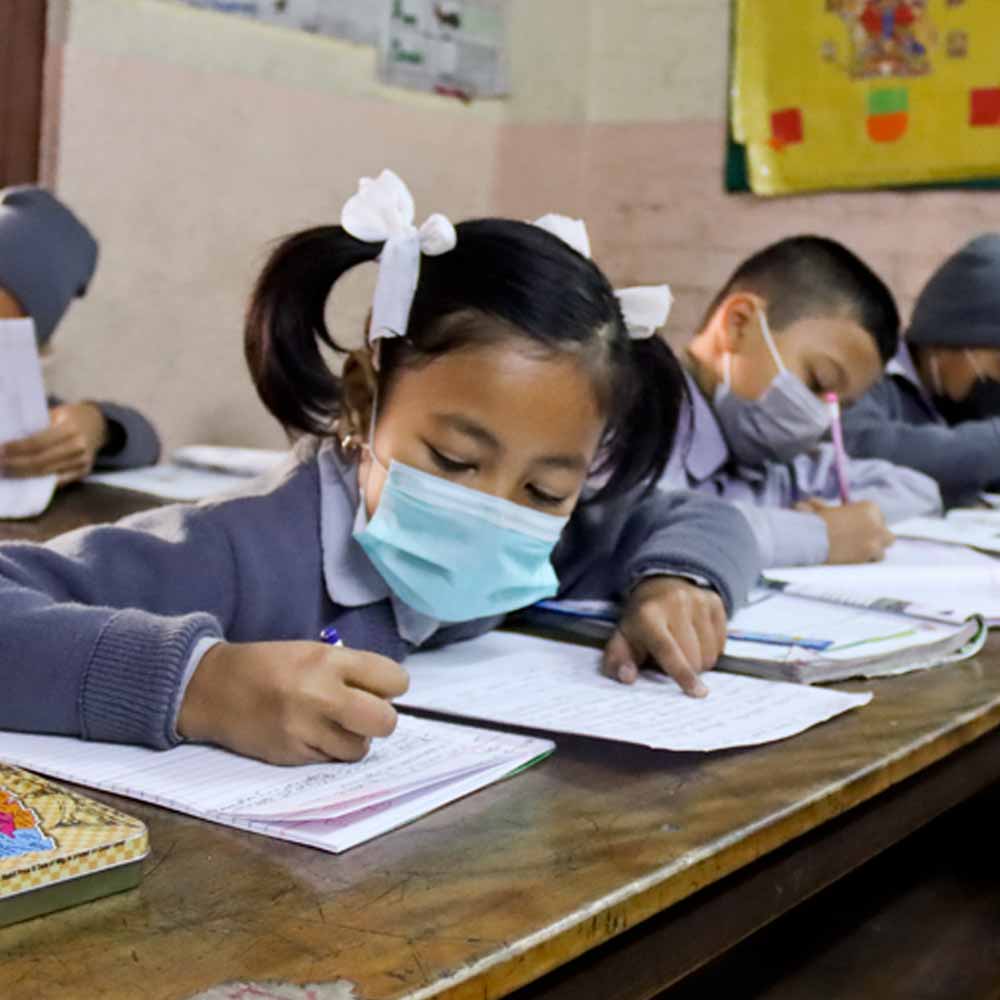 Kids at school in Kathmandu
Kids at school in Kathmandu
1. Fair trade lifts children and their families from poverty
A staggering 365 million children around the world live in extreme poverty, subsiding on less than $2 a day. Nearly a billion lack access to basic necessities like clean water and shelter. Because these children are born into poor and impoverished families, they're more likely to be trapped there, reinforcing the cycle of poverty.
When you choose fair trade, you support both the artisans and their families. By helping them gain access to vital income, they're able to afford housing, basic healthcare, nutritious foods, and more for their children, helping to keep them safe from exploitative practices and break free of the poverty trap. From Peru to South Africa, our fair trade partners invest in sending children to school.
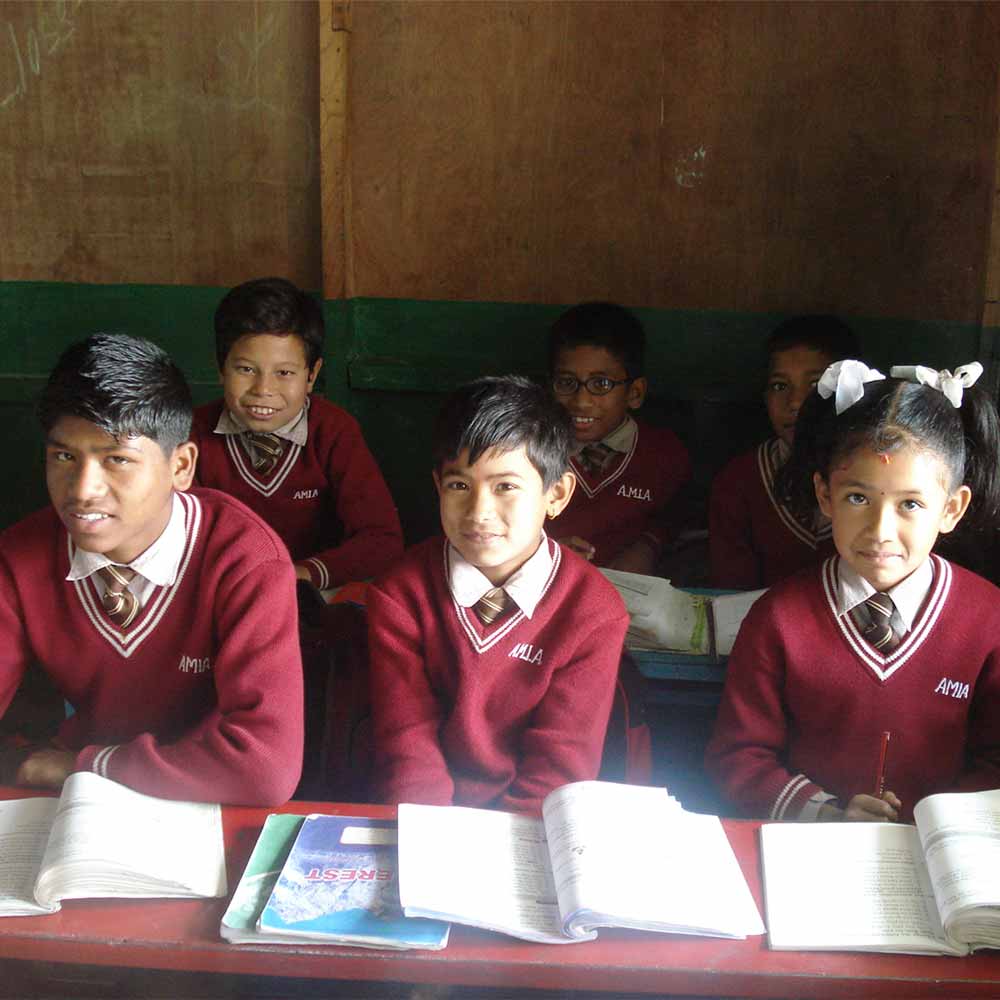 Kids in Nepal
Kids in Nepal
2. Fair trade ensures children receive an education
Over 78 million girls and boys around the world don't attend school at all, while hundreds of millions more lack sufficient education. Many children never complete secondary education, and girls are more likely than boys to drop out of primary education. Access to education breaks the cycle of poverty, reduces the rates of teenage pregnancy and early marriage, increases the likelihood of getting a fair-paying job, and leads to better health in later life. So, why are so many children not in school? Violence, conflict, climate disasters, and ultimately poverty prevent children from earning the education they are entitled to.
With fair trade, you're helping small-scale artisans and farmers invest both in their children's education and in the education of children in their communities. Using the income they earn from handcrafting and farming, many of our partners are able to provide school supplies and uniforms and pay school fees for school-aged children.
Our partner KTS in Kathmandu, Nepal funds an early childhood education and nursery program, provides child care to low-income families, and offers nutritious snacks and meals for over 100 children. Get Paper Cooperative, another one of our Nepalese partners, built a school and provides scholarships to girls through the sales of their handcrafts and support from organizations like SERRV.
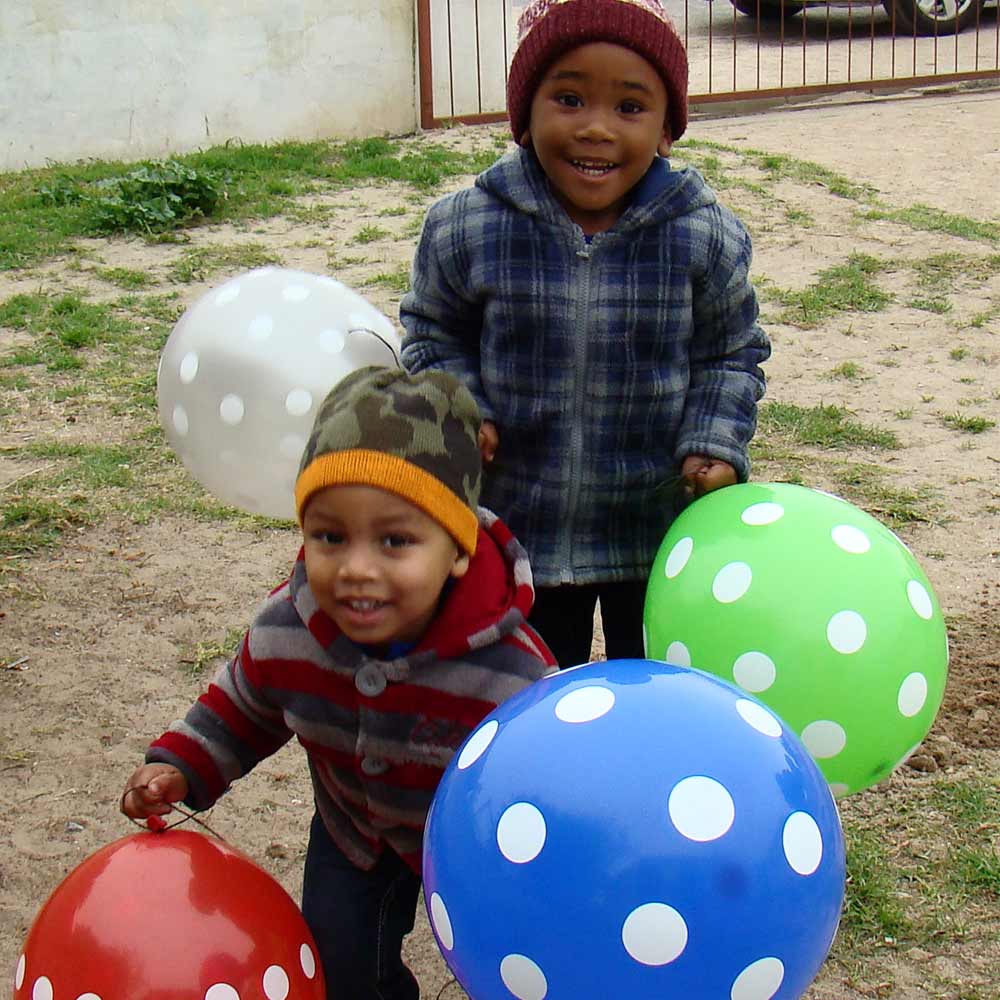 Kids in South Africa
Kids in South Africa
3. Fair trade prohibits child exploitation
Nearly one in ten children around the world are subject to child labor, which is defined as work that is harmful to physical and mental development and deprives them of their childhood, dignity, and future. Many are forced into long hours and dangerous work in mines, farms, and factories through trafficking, and many of them either stop going to school or don't attend school at all.
With fair trade, kids have the chance to be kids. The Fair Trade Federation and the World Fair Trade Organization both prohibit forced child labor that impacts education, security, and play, and require that all members and their partners follow this rule. This means you can be assured that SERRV products are made in ways that have negative impacts on children.
Several of our artisan and farmer partners have programs in place to protect children, including providing child care, scholarships, grocery allowances, and more to artisans and their communities.
How you can help
One way you can support children around the world is by shopping fair trade! Your purchases support our mission, which includes uplifting our partners and their endeavors to provide education, healthcare, and more to children. You can also give a donation in any amount at serrv.org/donate.
Thank you for your commitment to children and your support for our mission.








